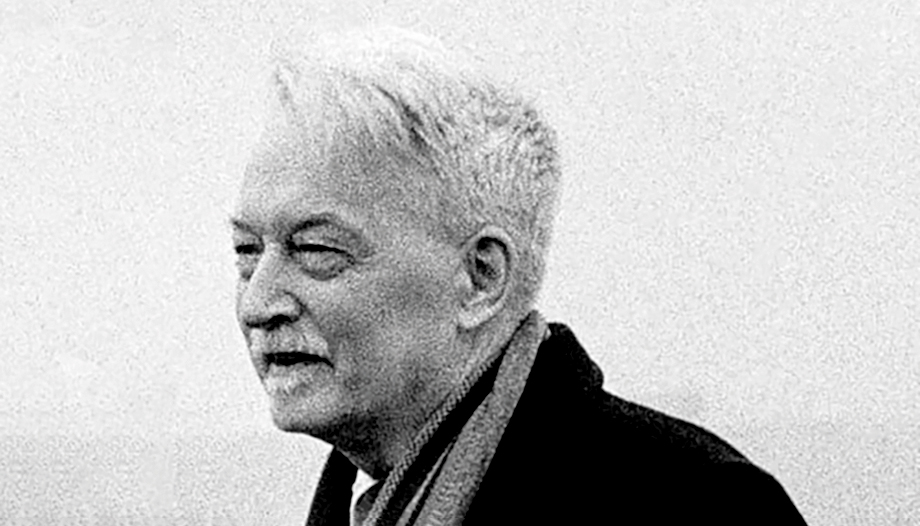Last April 28th marked the fiftieth anniversary of the death of the French philosopher Jacques Maritain, an illustrious representative of 20th century Catholic thought. I remember my first encounter with a book of his when I was only 18 years old. It was his manual of formal logicThe order of conceptspublished in Buenos Aires by the Club de Lectores in 1965. I was impressed by its conceptual clarity, the order of its exposition and the knowledge it showed of the history of the subject, which contrasted so much with the other manuals available at that time.
Jacques Maritain was born into a Protestant family in Paris in 1882, married Raïssa Oumansoff, a Jewish immigrant of Russian origin, in 1904, and was baptized with his wife in the church of St. John the Evangelist in Montmartre on June 11, 1906, acting as godfather the controversial Catholic writer, also a convert, Léon Bloy (1846-1917).
Maritain's thought
In Raïssa's book The large friendships tells with great emotion their meeting with Charles Péguy, Henri Bergson, Pierre and Cristina Van der Meer, godchildren, like them, of Bloy. It will be Raïssa herself who will introduce her husband Jacques to the study of the thought of St. Thomas Aquinas.
Perhaps it should also be added that Maritain was not well received in post-war Spain because of his position in the Spanish civil war (1936-1939). Maritain was opposed to consider the civil war as a "crusade", not even to consider as worthy of being called Catholic the troops commanded by Francisco Franco because of the massacres of republicans.
Under the direction of Hubert Borde and Bernard Hubert, a thick volume of more than 850 pages was published last year by the Téqui publishing house in Paris under the general title of Actualité de Jacques Maritain which brings together 24 valuable contributions that delve into various aspects of his figure half a century after his death. "The thought of Maritain" -explain the editors in this volume- is part of a constellation that is easy to identify, that of a return to St. Thomas that is understood both as an attempt to reappropriate the work of the angelic doctor and to show how it can respond to the challenges of contemporary thought". Here is, in my opinion, the key to the interest of reading Maritain today, because precisely Catholic thought is in deep need of a powerful relaunching to face the pressing intellectual and vital problems that afflict our culture. Maritain, in spite of still being, "especially in Spain, a famous unknown" -In the words of Juan Manuel Burgos, it can be a decisive point of support for rethinking today's world within the framework of the Christian faith.
As is well known, Jacques Maritain participated in the drafting of the 1948 United Nations Universal Declaration of Human Rights. Maritain was the head of the official French delegation and in the face of the serious discrepancies that had arisen in the preparatory commission, he proposed to put aside theoretical disputes and assume a realistic and practical approach that defended cooperation among human beings because of their common nature.
This approach made possible the drafting and adoption of the Universal Declaration that has been so influential. In fact, Jacques Maritain's thought was decisive for the configuration of Christian Democrat parties in many countries, particularly in South America: Argentina, Chile, Venezuela, etc.
Integral humanism
I asked an expert which book from Maritain's extensive oeuvre he would recommend to commemorate the 50th anniversary of his death and he told me without hesitation Integral humanism, originally published in 1936 in both French and Spanish, which bears the significant subtitle Temporal and spiritual problems of a new Christianity. It is probably - says Burgos in the Spanish edition that I have read published by Palabra in 2015-. "of his masterpiece or, at least, the best known. [...] It is a serious and profound book, with very definite and well thought out theses, and it is precisely this intellectual force that provoked important controversies that have extended over time until very recently". (p. 10).
Today's reader of Integral humanism is impressed, first of all, by the mastery and fluency with which Maritain moves in the history of ideas: how well he describes the decline of medieval Christianity, its replacement by Renaissance and modern humanism up to the crisis of the first decades of the twentieth century in which Christianity -as it happens to us a century later- seems to lag behind the progress of the times. "Maritain" -Burgos adds (p. 10) ".wanted to build a new project of political and social action that would break once and for all with the paradigm of Medieval Christianity as a model of union between Christianity and society.".
John Paul II mentionedó Jacques Maritain in the Fides et ratio as one of those Christian thinkers who could serve as an example for us: "Paying attention to the spiritual itinerary of these masters will undoubtedly help progress in the search for truth and in the application of the results achieved in the service of man.". And he expressed his hope that this tradition "find today and in the future continuators and cultivators for the good of the Church and of humanity." (n. 74). Rereading today the Integral humanism Maritain's book invites us to rethink the action of Christians in the world in the year 2023.








